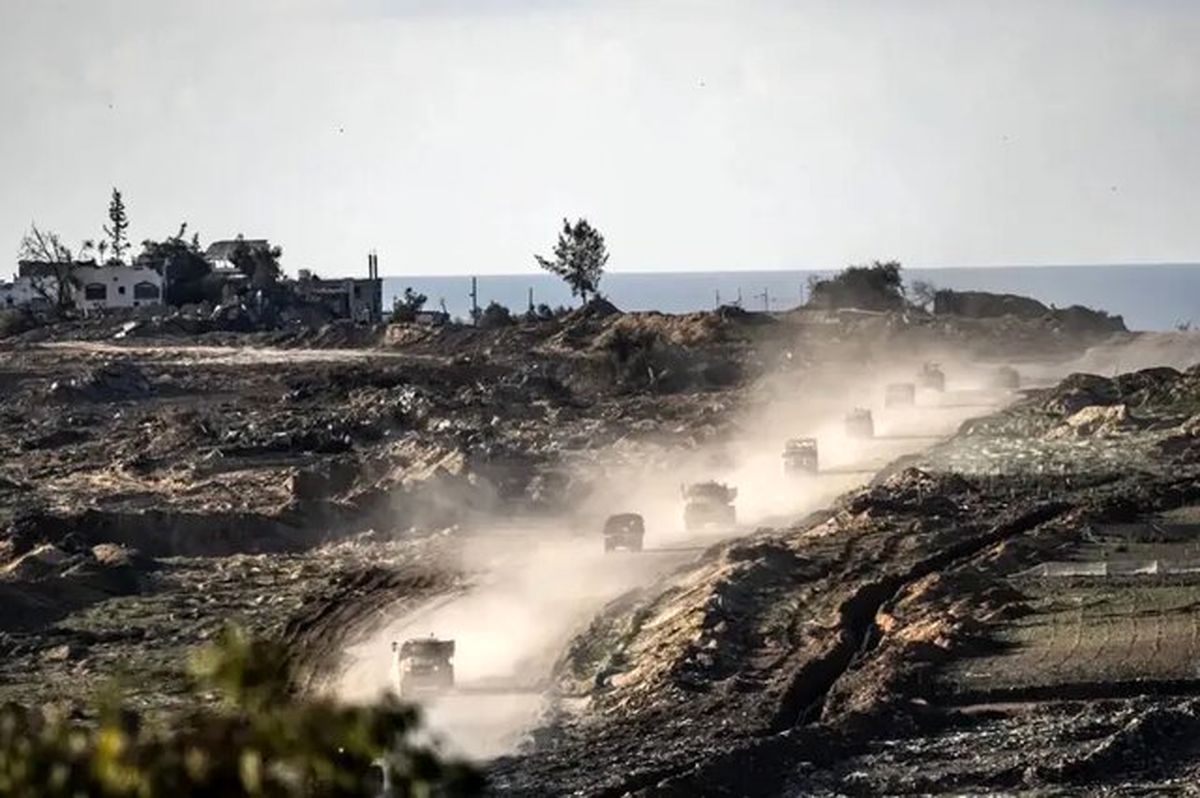In an interview with the website of the Strategic Council on Foreign Relations, Hossein Ruyvaran said that the Israeli regime is building a passage called “Netzarim Corridor” that will connect the Occupied Territories to the Mediterranean Sea and will practically divide the Gaza Strip into two halves placing Jabalia, the central part of Gaza, in the northern areas, and Rafah and Khan Yunis in the southern part.
He noted that Israel destroyed all the houses on this road and opened a passage from the border area of Gaza to the sea to manage this area under the status quo.
In response to the question of whether the Israeli regime was successful in securing its desired security and pushing back against Hamas or not? He stated: This action has not and will not impact the security management of Gaza. The Israeli regime cannot do anything north of this road, and the military operation by Hamas continues, and we are witnessing the firing of rockets.
He said: The Israeli regime has cut off the delivery of food supplies through this road and is trying to use the weapon of starvation to make the people of Gaza surrender, but this has met with international reactions. On the other hand, Hamas and the Resistance forces have not stopped their attacks and have not allowed this regime to achieve its goal.
This regional affairs expert noted that despite all these developments, it is unlikely that the Israeli regime will withdraw from this area, especially the action on the Netzarim road, as its forces will open fire on any truck or person that tries to pass through this area. At the same time, in principle, any ceasefire agreement must include the withdrawal of Israel from the mentioned corridor and the whole of Gaza, and this should be an essential part of the ceasefire agreement.
Ruyvaran said: Hamas will never back down from the fundamental principle that the Israeli regime must withdraw from the entire territory of Gaza because the presence of the Zionist regime in the region is a threat to the people of Gaza.
He emphasized that this situation and what we saw on the Netzarim road is provisional, and with the first ceasefire agreement, this situation will end. The idea that the Zionist regime can take advantage of this situation is nothing more than a mirage.










0 Comments